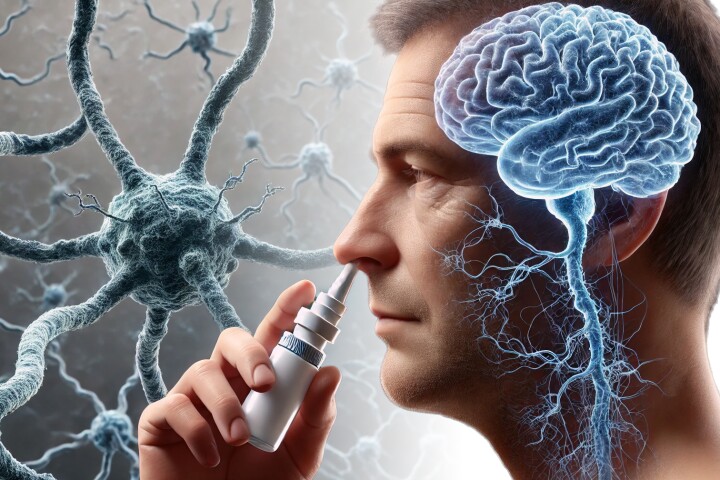The connection between gut bacteria and human health continues to be illuminated in all kinds of ways, and among the more fascinating is the way these microbes might influence different aspects of the aging process. A study has not only highlighted new facets of this relationship, but demonstrated how hallmarks of aging in the brain, gut and eyes might even be reversed through fecal transplants.
The makeup of the microbial communities in our gut is being shown to shape many different aspects of our wellbeing, and we're starting to really see how inflammation can play an intermediary role when it comes to cognitive health.
One 2019 study offered some interesting insights in this space by showing the intestine to be the source of immune cells that reduce brain inflammation in multiple sclerosis. Later that year we saw the approval of a drug designed to remodel the gut microbiome to reduce neuroinflammation for treatment of cognitive decline in Alzheimer's. A study in 2020 then showed that fecal transplants from old to young mice could lead to learning and memory impairments.
Results from a study published in Nature Aging last year provided particularly compelling evidence of the influence of gut bacteria on the brain. It focused specifically on brain aging, and showed that transplanting fecal matter from young mice into old mice could reverse some aspects of age-related brain deterioration, such as in learning ability and long-term memory. These were considered among the first insights into how gut bacteria can influence brain aging in mammals.
The latest findings in this area come from scientists at the Quadram Institute and University of East Anglia, who have added yet more weight to the idea that gut bacteria can influence brain health via inflammation. They've simultaneously shown how these microbial communities can influence certain biomarkers of aging in not just the brain, but the gut itself, and also the eyes.
The team's investigations involved transplanting fecal matter from healthy young mice into aged mice, and also reverse experiments where the younger mice received fecal matter from the older ones. They then analyzed a range of inflammatory biomarkers across the bodies of the animals, and managed to tease out some valuable insights.
Following these transplants, the young mice showed a loss of integrity in the gut lining, which allowed bacterial products to pass through and circulate around the body. This triggered the immune system and in turn inflammation, causing over-activation of certain immune cells in the brain and elevating levels of proteins linked to retinal degeneration in the eyes.
Conversely, the scientists found that these sorts of markers could be reversed in the older mice, by implanting them with fecal matter from the younger mice. This also boosted levels of healthy bacteria previously shown to be linked to good health in mice and humans.
“This ground-breaking study provides tantalizing evidence for the direct involvement of gut microbes in aging and the functional decline of brain function and vision, and offers a potential solution in the form of gut microbe replacement therapy,” said Professor Simon Carding.
While excited about the promising results, the scientists note that further work is needed before they can draw the same conclusions about humans, including of course studies in human subjects. They do say that similar pathways exist in our bodies, and the gut microbiome is known to change significantly as we age, so there is reason for cautious optimism.
“We were excited to find that by changing the gut microbiota of elderly individuals, we could rescue indicators of age-associated decline commonly seen in degenerative conditions of the eye and brain," said lead author Dr Aimee Parker. "Our results provide more evidence of the important links between microbes in the gut and healthy aging of tissues and organs around the body. We hope that our findings will contribute ultimately to understanding how we can manipulate our diet and our gut bacteria to maximize good health in later life.”
The research was published in the journal Microbiome.
Source: Quadram Institute




